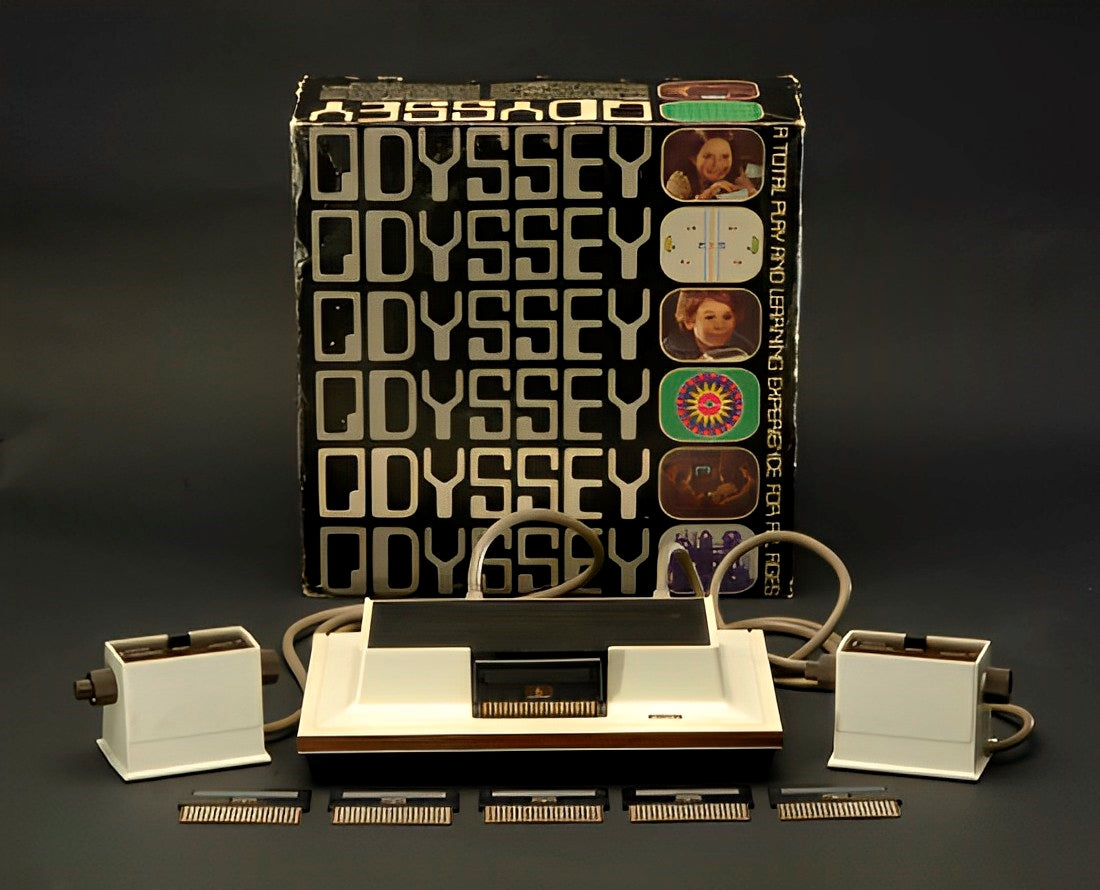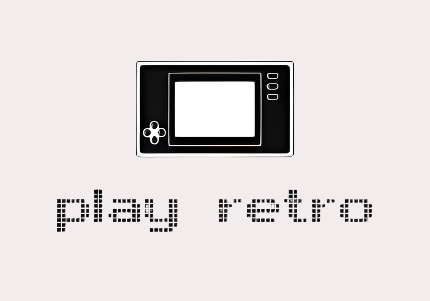
The History of Video Games in the USA: A Journey from Arcade to Console
Partager
The history of video games in the United States is a captivating tale of innovation, creativity, and cultural shifts. From the early days of arcade machines to the rise of home consoles, the U.S. has played a pivotal role in shaping the global gaming industry. For retro gaming enthusiasts, understanding the roots of video game history in the USA is key to appreciating the games and consoles we cherish today. In this article, we’ll take a closer look at the evolution of video games in America, from the early pioneers to the iconic consoles that continue to influence gaming culture.
The Birth of Video Games in the USA
The story of video games in the U.S. begins in the late 1950s and early 1960s, when the first experiments with interactive entertainment were being conducted. While video games were still in their infancy, several early milestones paved the way for the video game boom that would come in the following decades.
The 1970s: The Arcade Revolution
The 1970s marked the beginning of the video game revolution in the United States, primarily with the rise of arcade games. In 1972, Atari was founded by Nolan Bushnell and Ted Dabney, and it would soon become the face of the gaming industry. The company's first big success was the release of Pong (1972), a simple yet addictive table tennis simulation. Pong quickly became a sensation in bars, arcades, and even home consoles, introducing millions of Americans to the exciting world of video games.
Atari's success helped pave the way for other companies, and by the mid-1970s, the U.S. was home to a growing arcade industry. Games like Space Invaders (1978) by Taito and Asteroids (1979) by Atari captured the imagination of gamers, while arcades became gathering places for young people looking to compete and socialize.
The Rise of Home Consoles: The 1980s
As the 1980s approached, the video game industry expanded beyond arcades to home gaming consoles. Atari was once again at the forefront, releasing the Atari 2600 in 1977, one of the first successful home consoles that used interchangeable cartridges. This allowed gamers to play different games on a single machine, a revolutionary concept at the time. The Atari 2600 helped introduce millions of people to gaming in their homes and laid the groundwork for the future of video game consoles.
However, the success of home consoles was not without challenges. The early 1980s saw the video game crash of 1983, a period when overproduction and a glut of low-quality games led to a significant decline in the industry. Many game developers and console manufacturers, including Atari, suffered financial losses. This downturn was especially impactful in the U.S., where the gaming market had become oversaturated.
The Revival: Nintendo and the American Console Market
In 1985, the video game industry was revitalized by the arrival of the Nintendo Entertainment System (NES). Nintendo, a Japanese company, took the U.S. market by storm with the NES, which featured innovative games like Super Mario Bros. and The Legend of Zelda. Nintendo's success was partly due to its strict quality control measures, which ensured that only high-quality games were released for the console.
The NES became a massive hit in the U.S., and it marked the beginning of a golden age for console gaming. Nintendo's influence was followed by other notable players, including Sega, which released its Genesis/Mega Drive console in 1988. The Genesis helped launch successful franchises like Sonic the Hedgehog, competing directly with Nintendo for dominance in the home console market.
The 1990s: The Console Wars
The 1990s were defined by the console wars, a fierce battle for supremacy between Sony, Sega, and Nintendo. The most notable competitor to Nintendo in this era was Sony, which entered the gaming market in 1994 with the release of the PlayStation. Sony’s PlayStation introduced innovative 3D graphics and popular franchises like Gran Turismo and Final Fantasy, changing the landscape of gaming in the U.S. and beyond.
Meanwhile, Sega launched the Sega Saturn and later the Dreamcast, attempting to maintain its position in the market. However, the PlayStation's success ultimately outpaced its rivals, and Sony became a dominant force in the video game industry.
The 1990s also saw the rise of PC gaming in the U.S. As personal computers became more powerful, games like Doom (1993) and Warcraft (1994) gained massive popularity, further expanding the reach of gaming beyond consoles. PC gaming established a separate but equally influential part of the gaming culture in the U.S.
The 2000s and Beyond: The Era of Online Gaming
As the 21st century approached, online gaming began to change the landscape of the industry. The release of Microsoft's Xbox in 2001, followed by Xbox Live, brought online multiplayer gaming to the forefront of the console gaming experience. The ability to play with friends or strangers across the globe revolutionized how games were played, making online interactions a core component of gaming culture.
In 2004, Sony’s PlayStation 2 became the best-selling console of all time, while Nintendo introduced the Wii in 2006, which expanded gaming to a broader audience with its motion-controlled gameplay. Meanwhile, Microsoft’s Xbox 360 and Sony’s PlayStation 3 continued to push the boundaries of graphics and online play, setting the stage for the next generation of consoles.
Today, gaming in the U.S. continues to thrive, with consoles, PC games, and mobile platforms offering an endless variety of experiences for players of all ages. The American gaming industry remains one of the largest and most influential markets in the world, with millions of gamers enjoying everything from retro The Legacy of U.S. Video Game History.
The history of video games in the United States is a story of innovation, competition, and cultural impact. From the birth of the arcade scene to the development of iconic consoles and games, the U.S. has played a central role in shaping the gaming industry we know today. Whether you’re a fan of retro video games or the latest tech, understanding the roots of American gaming history helps to appreciate the evolution of the medium and its ongoing influence on pop culture.
If you're a fan of retro consoles, games, and nostalgia, exploring the rich history of U.S. video gaming is an exciting journey. Be sure to check out our collection of retro video game consoles, and relive the golden era of gaming from the comfort of your own home. Happy gaming!
